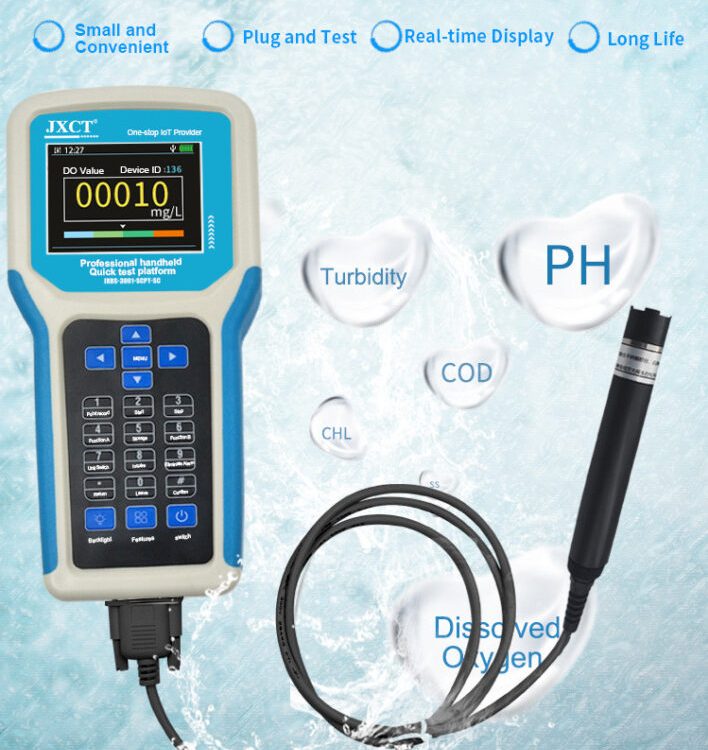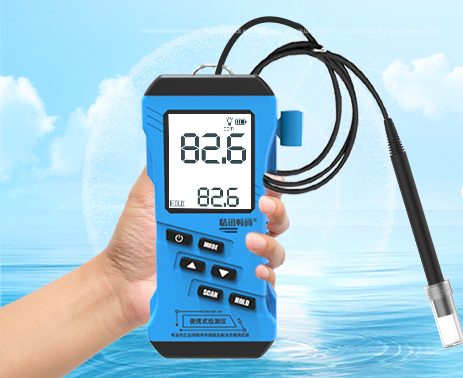Water quality is a critical aspect that affects various industries, from agriculture to manufacturing. To ensure optimal quality control and environmental monitoring, the selection of a suitable water quality detector is crucial. With numerous options available in the market, it can be overwhelming to choose the best one for your specific needs. In this article, we will guide you through the process of selecting the most fitting water quality sensor, considering factors such as measurement parameters, accuracy, compatibility, maintenance, and cost-effectiveness.

1. Understanding the Importance of Water Quality Sensors
2. Identifying the Key Measurement Parameters
3. Assessing Accuracy and Reliability
4. Compatibility and Integration with Existing Systems
5. Evaluating Maintenance Requirements
6. Cost-Effectiveness: Balancing Quality and Budget
Understanding the Importance of Water Quality Sensors
Water quality detectors play a vital role in evaluating and monitoring the physical and chemical properties of water. These sensors provide crucial data for a wide range of applications such as environmental monitoring, drinking water quality assessment, aquaculture, and wastewater treatment. By accurately measuring parameters like pH, dissolved oxygen, conductivity, turbidity, temperature, and chemical contaminants, water quality sensors help identify potential issues and ensure compliance with regulatory standards.
Identifying the Key Measurement Parameters
To choose the best water quality detector , it is essential to determine the parameters . Different applications may require specific measurements, such as pH levels in aquaculture or turbidity in drinking water treatment. Consider the primary parameters relevant to your needs and choose a sensor that can accurately measure them. Opt for a versatile sensor that can measure multiple parameters simultaneously if your requirements are diverse.

Assessing Accuracy and Reliability
The accuracy and reliability of water quality detector significantly impact the quality of the data obtained. Look for sensors that offer high accuracy and precision across a wide measurement range. Consider sensors with built-in calibration features, as they can ensure accuracy over extended periods, require less frequent recalibration, and offer stable performance. Additionally, check for sensor certifications, such as ISO or NIST, which validate the accuracy of the measurements.
Compatibility and Integration with Existing Systems
Before finalizing a water quality detector, assess its compatibility with your existing monitoring systems or data logging devices. Ensure that the sensor’s output signals or protocols are compatible with the data acquisition systems you are using or planning to implement. Compatibility is crucial for effective integration of the sensor into your overall monitoring infrastructure and ensures seamless data collection and analysis.
Cost-Effectiveness: Balancing Quality and Budget
While cost is an important factor to consider, it should not be the sole determinant in selecting a water quality sensors. Balance your requirements and budget to find a cost-effective solution that meets your needs. Cheaper sensors may compromise accuracy and reliability, leading to inaccurate data and potential losses. Opting for a slightly higher-priced sensor with proven performance and durability can provide long-term savings by preventing expensive rework and ensuring regulatory compliance.
Conclusion
Choosing the best water quality detector for your specific needs can be a complex task. By considering the key factors discussed in this article, such as measurement parameters, accuracy, compatibility, maintenance requirements, and cost-effectiveness, you can make an informed decision. Remember, the right water quality sensor will not only ensure accurate data but also contribute to efficient water management, environmental protection, and overall quality control in various industries.
